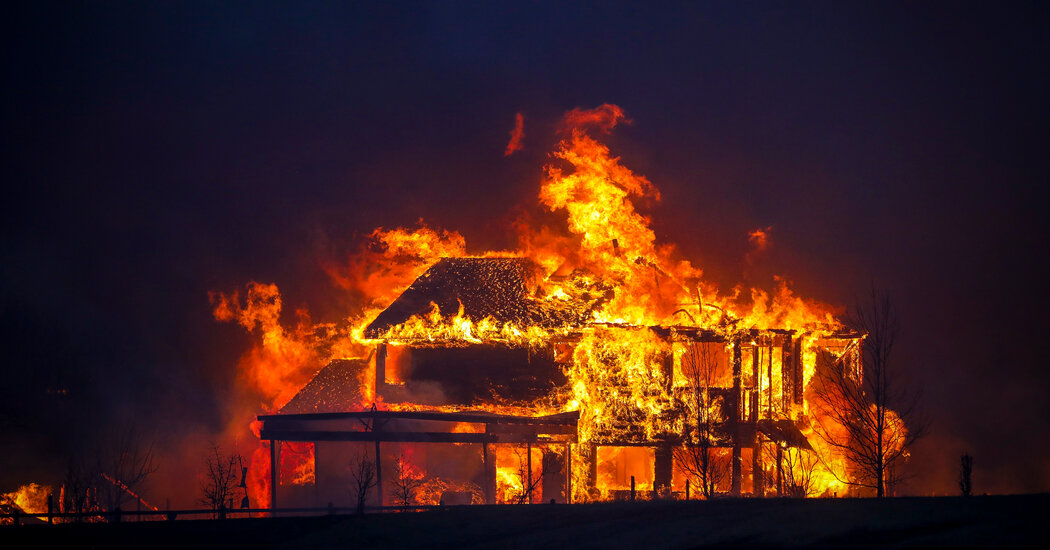- cross-posted to:
- [email protected]
- cross-posted to:
- [email protected]
helps to have rich friends.
this is a nice tax writeoffEDIT: Not tax deductible.

Typically not = not for poor people
til, thanks!
Since individuals aren’t 501©3 non-profits it wouldnt be tax deductible and is treated by the IRS as a gift, so a gift tax may apply depending on amount given. Just in case you were curious as to why it’s not a tax write-off.
The annual gift tax exclusion of $18,000 for 2024 is the amount of money that you can give as a gift to one person, in any given year, without having to pay any gift tax
If anyone is looking for the gift tax limit I got the above quote from https://smartasset.com/retirement/gift-tax-limits
This is more than I remember, but I think I’m confusing it with the $6000 limit for contributions to an IRA account. I think it went up to $7000 this year, but I digress.
That’s not the limit where they tax a gift, that’s the limit for where you have to report a gift. You only pay taxes when your lifetime total goes above 12.92 million. Obviously, almost no one hits that, so gift taxes almost never matter.
People with money to spare have more money to share. Makes sense. I’m not sure if “poor people don’t have enough money to donate to natural disasters when they’re all suffering together” is much of a headline though.
The issue isn’t that rich donaters have more money to spare.
Its that richer people are able to leverage their social status to gain 28% more donations.
You’ve framed this rather dishonestly imo.
I’m not being dishonest. Just questioning the value of the information. Of course rich people are more likely to leverage a social network that contains other rich people?
Good, so now that we’ve studied it we can know for sure this is the case and not just a “well it sounds right”.
And before this study, how many people even thought this was the case? Sure in hindsight it checks out.
Yup—this whole article is a big fat nothing burger, but it’ll generate clicks, which is all that matters in the digital age.
EDIT: Judging from some of the comments in this thread, rage bait headlines work. For better or worse.
The important message of the article for me was “Crowdfunding is a poor replacement for charity”
That would have been a more informative headline
deleted by creator
But really, isn’t it the rich who lost the most? And doesn’t that entitle them to more?
It’s like Jesus once said “the meek shall inherit the earth, but only after I let the rich have their way with it for a few thousand years, then maybe we’ll see”
Probably because their campaign videos have higher production value /s
I assumed it’s because high income earners tend to have high income earning friends.
Maybe, but I’d assume they’d just ask those for money directly than going through some service 🤔
For a typical person, they’d feel comfortable asking directly, one on one, maybe 3-5 people they know. When they put their GoFundMe link on social media, though, that might be seen by hundreds of their contacts, including friends of friends, acquaintances, and coworkers. It’s much, much more effective than asking directly.
Even if you’re giving to a stranger, you’re more likely to give to someone similar to you.
So rich people will have more empathy for other rich people because they have more in common.
Rich people learn how to game the system? I’m shocked!
More likely that their donations are supplied by their own social network, which I’m pretty sure is the case for most GoFundMe users…
So wealthier people will tend to have networks of people with similar socioeconomic status, and the same would be true for poorer people.
Not really surprising which ones get more money, nor is it necessarily nefarious.
That may be as well. I was just recalling those PP loans during COVID, which later inspection of who got them was often nefarious.
Exactly, when their former frat bros and sorority sisters see, they are more likely to be in a position to provide some assistance than me and my neighbors.
This is the best summary I could come up with:
Researchers examined donations to hundreds of people who lost their homes in the 2021 Marshall fire in Colorado, which destroyed more than 1,000 dwellings near Boulder.
“Crowdfunding gives higher-income survivors a bigger leg up,” said Emily Gallagher, an assistant professor of finance and real estate at the University of Colorado Boulder and one of the study’s authors.
The Federal Emergency Management Agency recently conceded that its disaster programs often fail survivors, and pledged to overhaul them “to reach more people, provide more benefits and help them recover faster,” said Jaclyn Rothenberg, a FEMA spokeswoman.
David Leedy, a vice president at a financial services company who lost his house in the same fire, raised more than $30,000 on GoFundMe.
He said the money helped pay for immediate needs — buying clothing and meals right after the fire, and then getting supplies for the rental house that he and his wife moved into as their home was being rebuilt.
In an interview, Margaret Richardson, chief corporate affairs officer for GoFundMe, said this was the first time she had seen data examining the link between wealth and donations through the site.
The original article contains 834 words, the summary contains 188 words. Saved 77%. I’m a bot and I’m open source!
I should be surprised that elitist pigs are shameless when it comes to Internet Begging.








